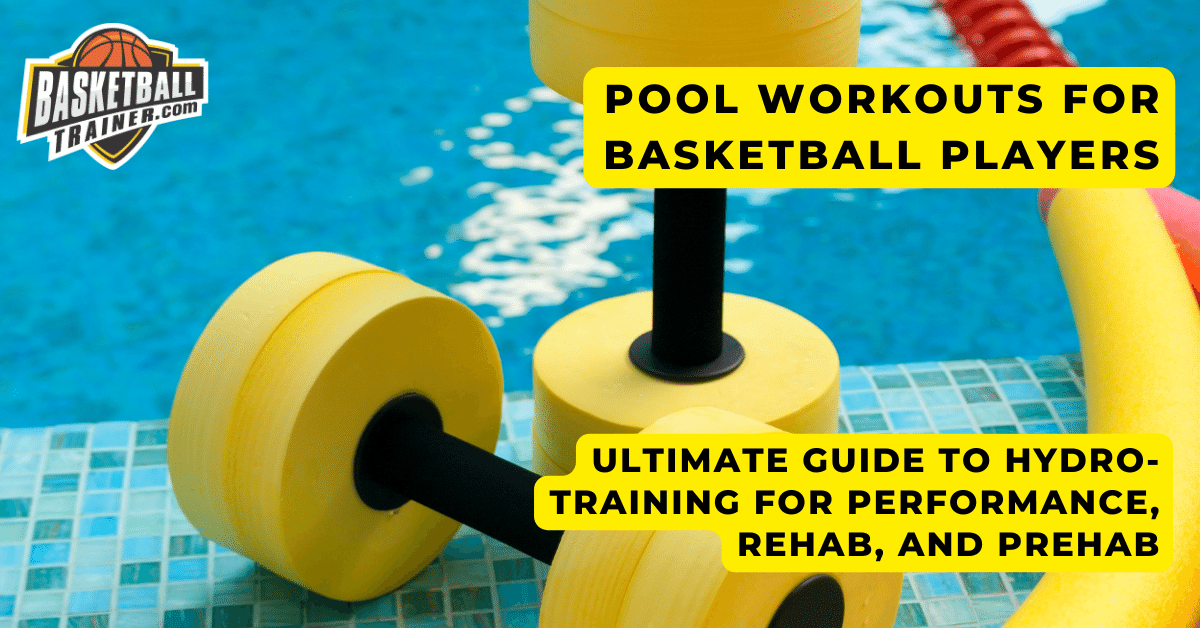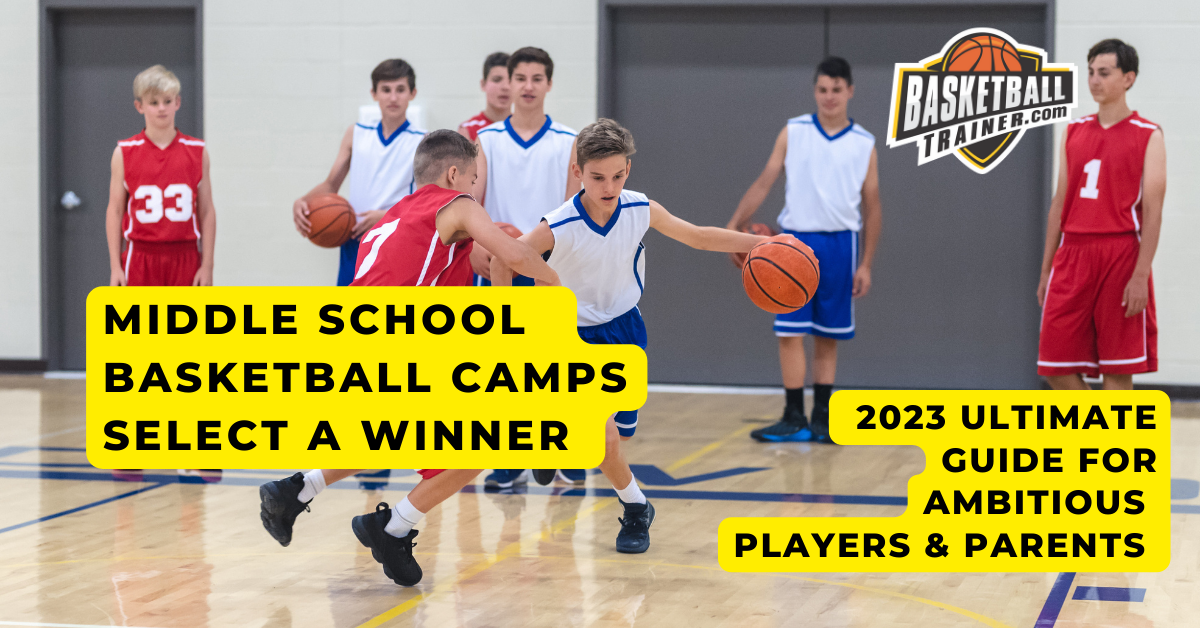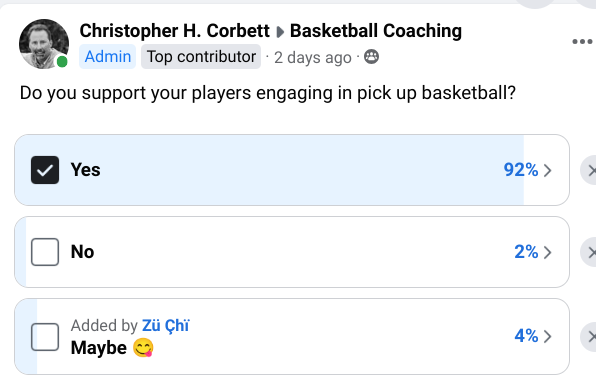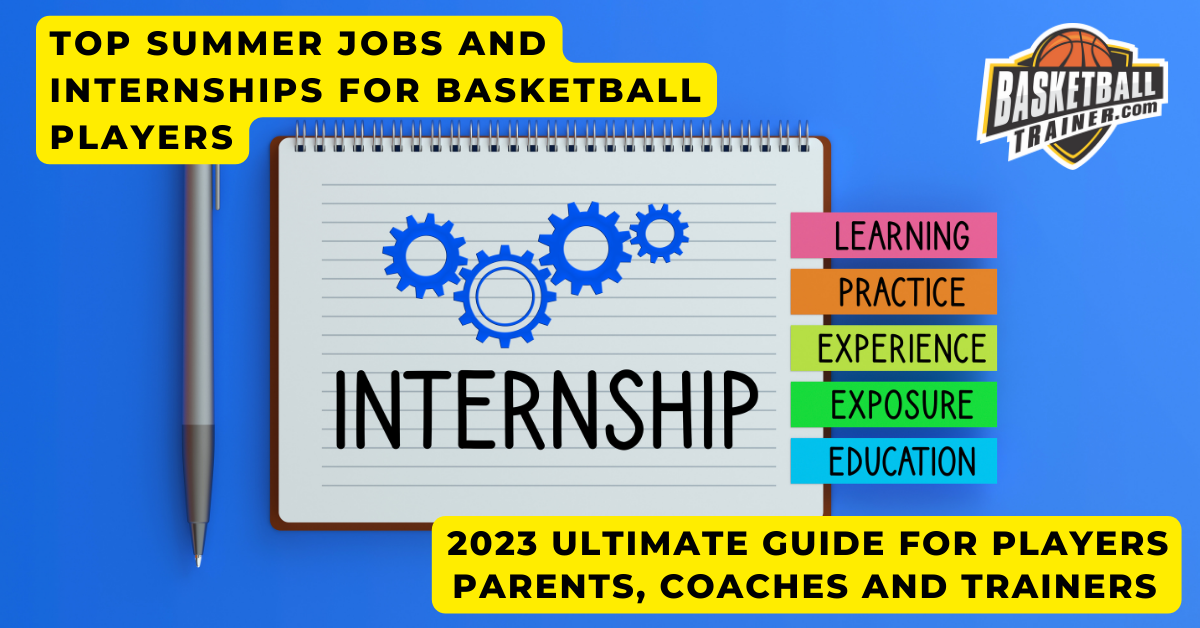Basketball Rebounding Quotes to inspire boards can be a great ritual for players to review before games that need their focus on rebounding.
“Rebounding is an attitude, a state of mind, a relentless pursuit of the ball.” – Dennis Rodman
“Rebounding is a mindset. It’s a desire to go get the ball, to be aggressive.” – Kevin Love
“Rebounding is about effort and positioning, but most of all it’s about wanting the ball more than the other guy.” – Charles Barkley
“Rebounding is about positioning and knowing where the ball is going before it gets there.” – Moses Malone
“Rebounding is about heart and desire. You have to want it more than anyone else.” – Shaquille O’Neal
“Rebounding is a science, it’s all about angles and timing.” – Tim Duncan
“Rebounding is an art, it’s about finesse and instinct.” – David Robinson
“Rebounding is about being quick to react, but also having the patience to wait for the right moment.” – Bill Russell
“Rebounding is a physical battle, but it’s also a mental battle.” – Wilt Chamberlain
“Rebounding is about anticipation and knowing where the ball is going to come off the rim.” – Kevin Garnett
“Rebounding is a team effort. It takes all five guys on the court to secure the ball.” – Dirk Nowitzki
“Rebounding is about being in the right place at the right time, but also having the athleticism to get there.” – Hakeem Olajuwon
“Basketball Rebounding is all about hustle and determination. You have to be willing to fight for every loose ball.” – Ben Wallace
“Rebounding is about being a student of the game. You have to study your opponents and anticipate their shots.” – Karl Malone
“Rebounding is about outworking your opponent. You have to be willing to do the dirty work.” – Dennis Rodman
“Rebounding is a combination of skill, athleticism, and willpower.” – Dwight Howard
“Rebounding is about creating opportunities for your team. Every rebound is a chance to start a fast break or get a second chance shot.” – Blake Griffin
“Rebounding is about being aggressive without being reckless. You have to know when to go for the ball and when to hold back.” – Bill Walton
“Rebounding is all about being in the moment. You have to be present and focused on the task at hand.” – Kareem Abdul-Jabbar
“Rebounding is about being relentless. You have to keep going after the ball, no matter how many times you get knocked down.” – Moses Malone
Basketball rebounding quotes are short and simple. No obsession with tactics or mental rituals etc. Sometimes we need to read these basketball quotes to remind ourselves of the simplicity of this game… See the ball, get the ball. Sure, rebounding skill development drills can help, but don’t forget the premises shared above. Set goals for yourself before games. Check in with yourself at each timeout, substitution and quarter end to determine are you tracking toward your goal. Make real time adjustments in effort. And watch your numbers climb.



















 Mental toughness training: Teach them to stay focused, overcome adversity, and maintain a positive mindset.
Mental toughness training: Teach them to stay focused, overcome adversity, and maintain a positive mindset. Foster a positive mindset: Teach them to focus on their own growth and improvement, regardless of the coaching situation.
Foster a positive mindset: Teach them to focus on their own growth and improvement, regardless of the coaching situation.




